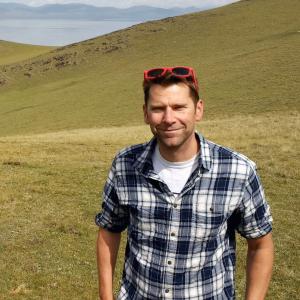Confirmed cases: 9,931
Deaths: 416
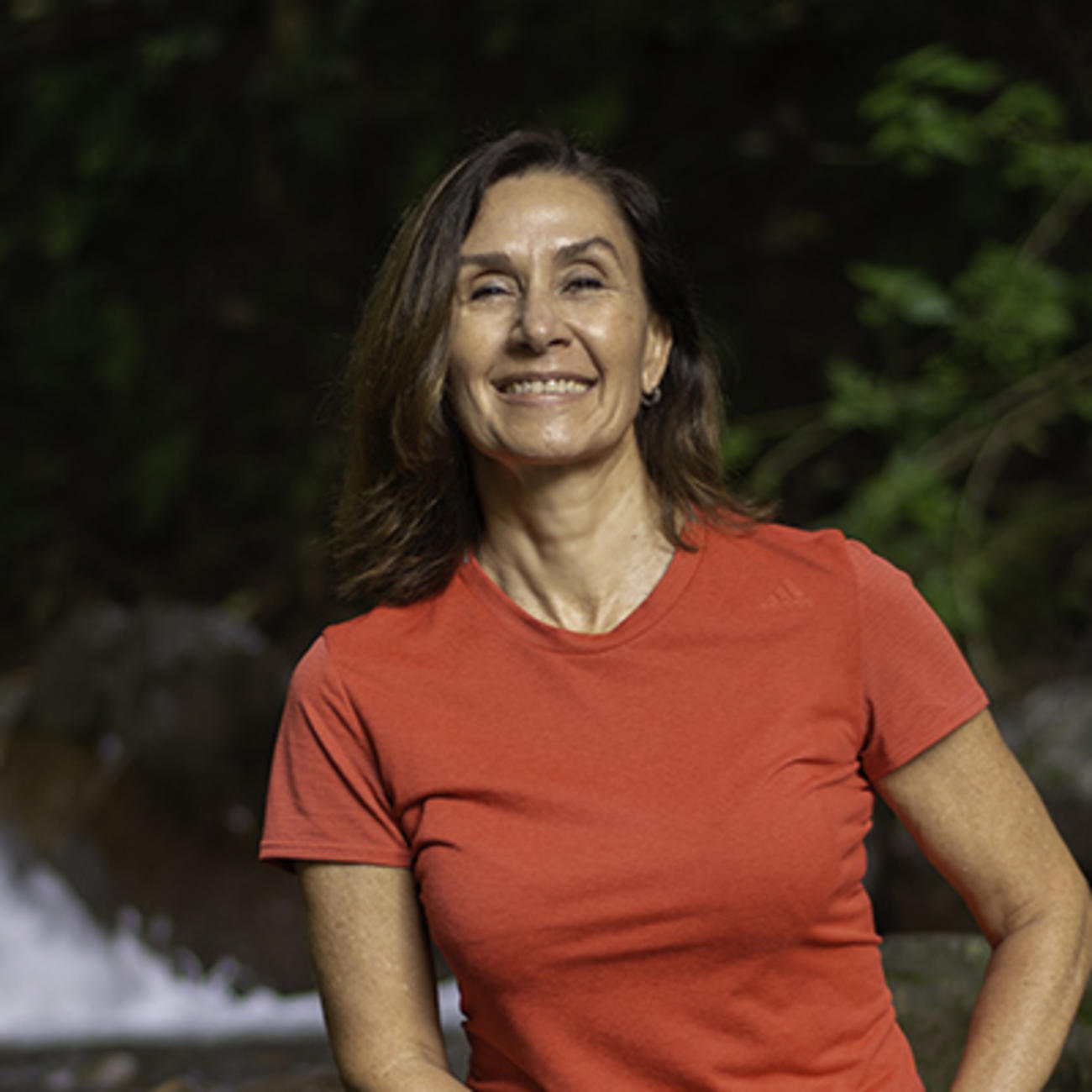
Ana, one of our expert tour guides who lives in north west Argentina, tells us about the situation there.
"We began a strict lockdown early in Argentina - 16th March in the northwest region where I live, 20th March for the whole country, which included ceasing all domestic and international flights. Movement was tightly controlled with police and armed forces checking that anyone moving around had appropriate permits. While it’s good that we took early measures, we are not being complacent."
"Argentina is a massive country - the drive from north to south is longer than Moscow to Lisbon! This means that different things are happening in different areas of the country. For example, as from June, domestic tourism will be allowed in northwest Argentina. Also, away from Buenos Aires (Mendoza, Salta, Jujuy, Catamarca), restaurants are reopening - shops and malls opened mid-May. Buenos Aires is the most complicated region and the only one where we are seeing cases grow due to its high population density."
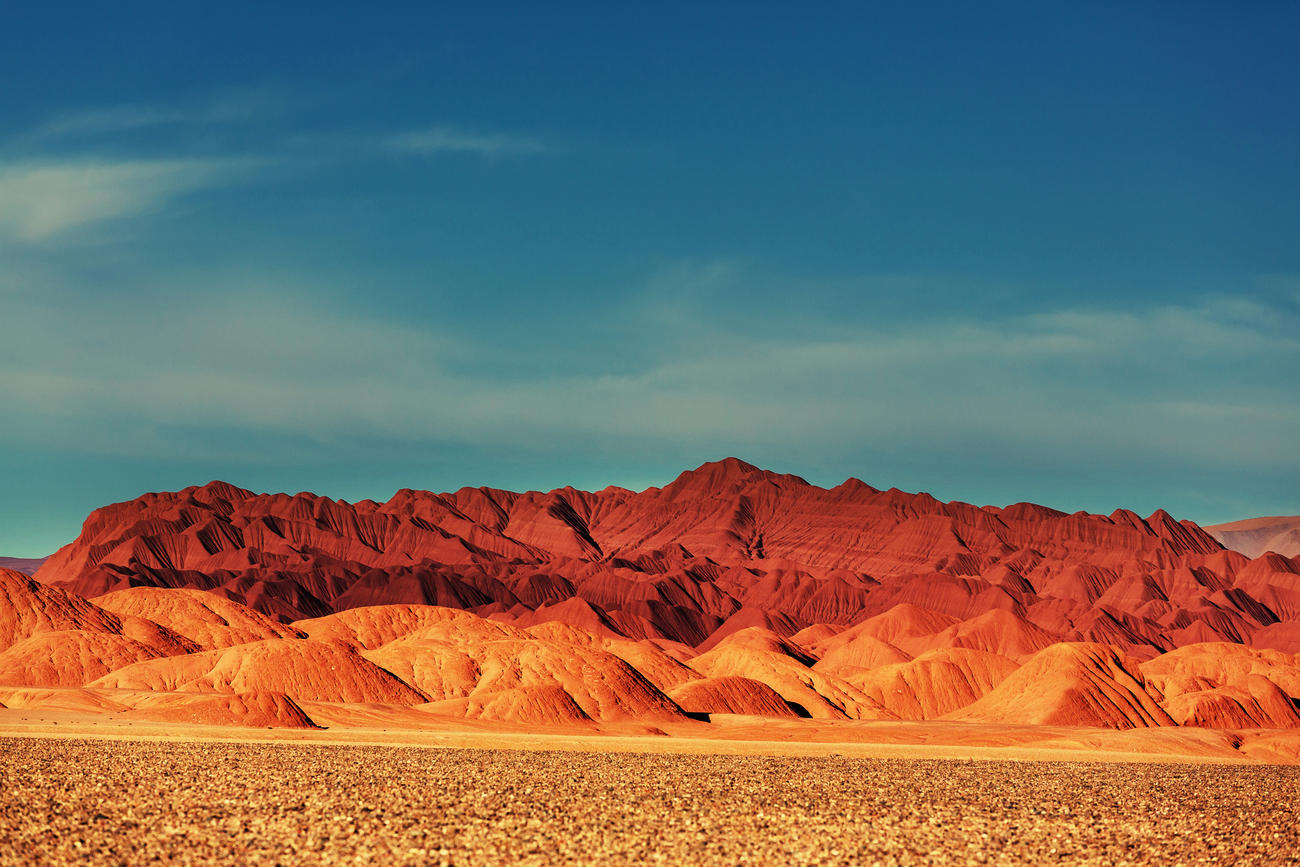
"Currently, the plan is to resume domestic flights on 1st September, but not all routes will be restored as some of the airlines will take time to get back up and running. The hotel association already has protocols in place, and Tourism National administrations are currently developing standards for different regions.”
"Here, people here are more worried about the economy than the virus. We have a young population, low density and vast open spaces - everybody wants to get out to play football, see friends, go fishing or visit family. An advantage we have being in the southern hemisphere is that - if and when - the effect of COVID-19 slows down it will be winter in the northern hemisphere, so even if it involves a long flight, people might look to Argentina for a taste of the summer they missed out on."
Confirmed cases: 723
Deaths: 12
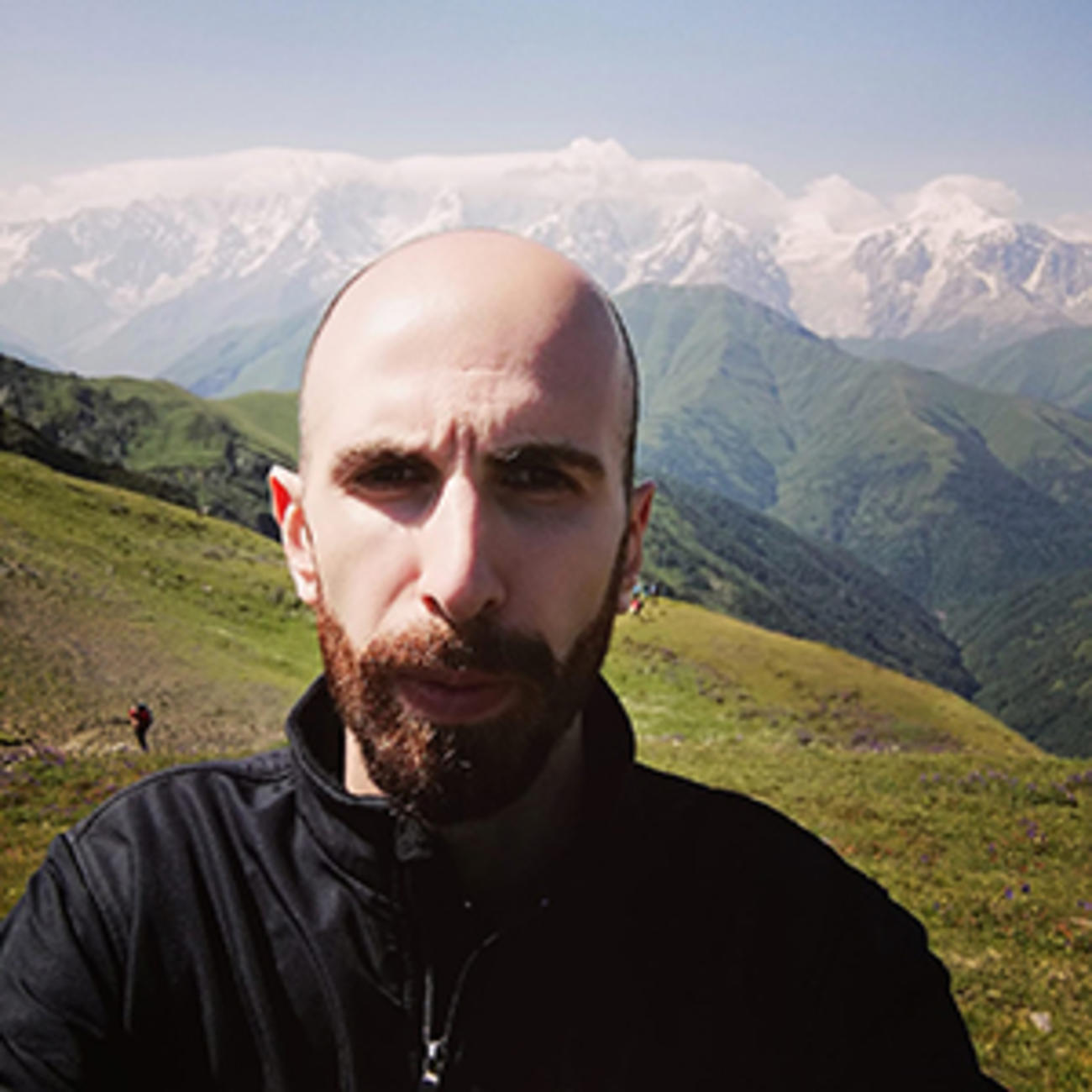
Luka, one of our key contacts in Georgia, tells us about the situation there.
"Here in Georgia, our lockdown started at the end of March. We still have active cases of the virus, but the situation is getting better, there are only a few new cases each day. We have a curfew from 21:00 until 06:00, however, this is due to be lifted this evening. Our border remains closed until 1st July, although it will probably only be opened for specific countries at this first stage."
"The regulations in Georgia are quite straightforward: you can’t go into closed buildings (mainly shops) without wearing a mask; gatherings of more than three people are prohibited; the maximum number of people allowed in one car is three. There’s a fine if you ignore any of these regulations, although I have not seen anyone without masks in the shops. Even in the street, around 80% of people are wearing masks, even though they don’t have to wear them outside."
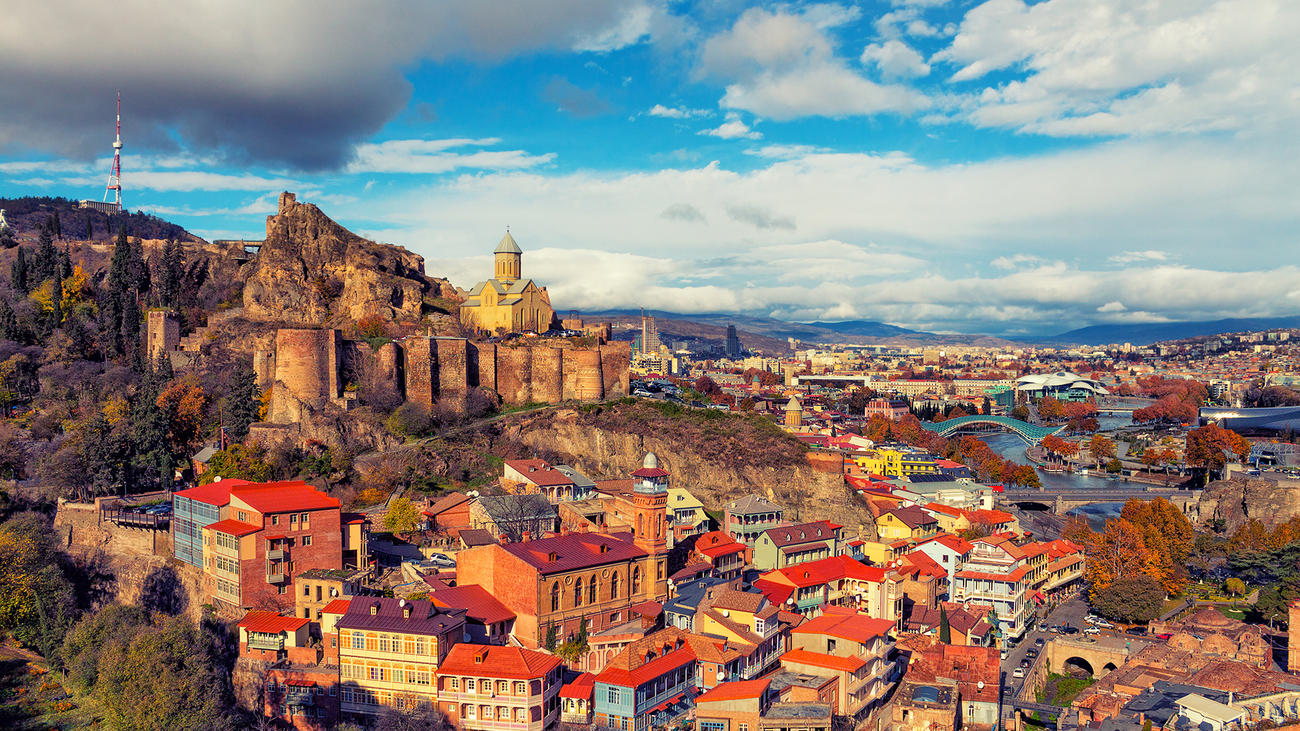
"We see the situation in Georgia improving and we hope we won't have the virus at all in a few weeks. But we don't know what to expect for the future, especially as a lot of people are dependent on tourism and the virus is still prevalent around the world; we will probably face economic issues. The government is giving some financial support, but our country budget is small, so this support is not going to be enough for everyone. So, we hope the whole world will recover soon!"
Confirmed cases: 1,024
Deaths: 26
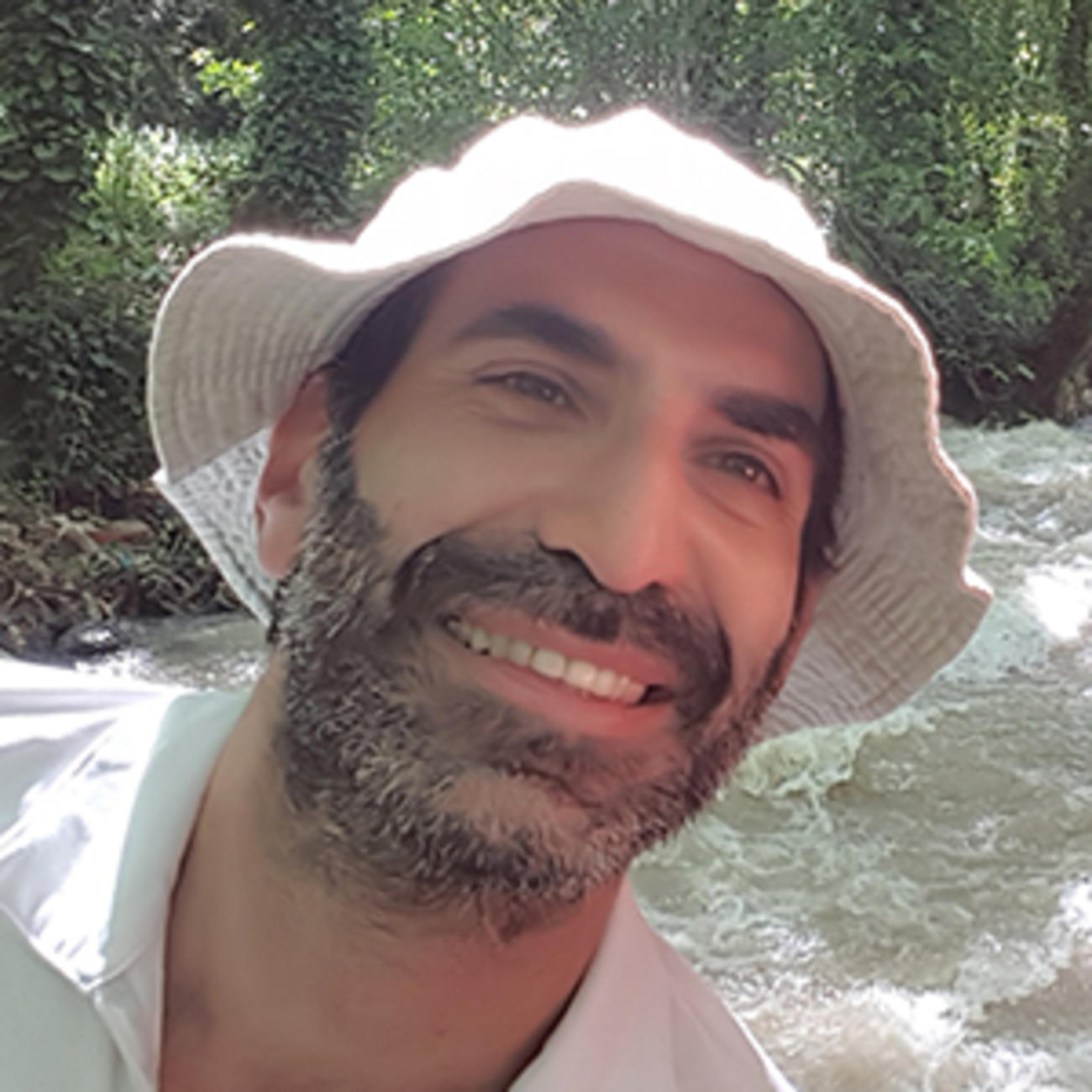
Haitham is one of our guides in Lebanon, and here he tells us about the situation out there.
"The spread of the virus is, thankfully, very much under control in Lebanon. Lockdown began in mid-March and the country is slowly opening up with calls to maintain social distancing and the curfew is still in place at night. Banks, malls, restaurants, swimming pools are open while schools, cinemas and bars remain closed."
"There’s an interesting system for controlling car use here: cars with number plates starting with an odd or an even number can be used on alternating days, and no cars are allowed out at all on Sundays.”
"As for our morale, coronavirus hit Lebanon at a time of dire economic crisis that made it even worse; banks are still withholding their customers’ money while the price of goods and essentials has rocketed. Uncertainty is definitely affecting morale."
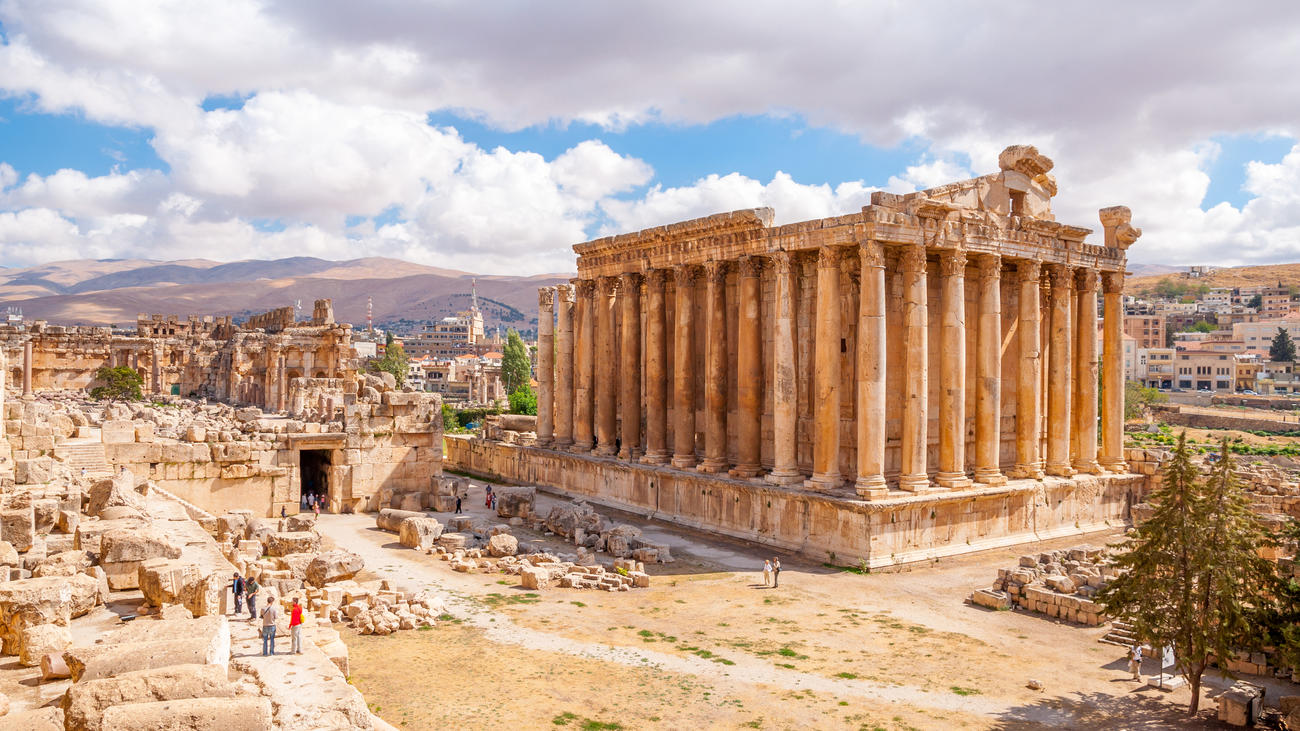
"There’s hope that the gradual opening of the country won’t be hindered by a second wave of the virus, and that we can all go back to some sort of a normal life soon. For the new government, one of the biggest tasks will be stabilising the economy."
Confirmed cases: 17,585
Deaths:1,159
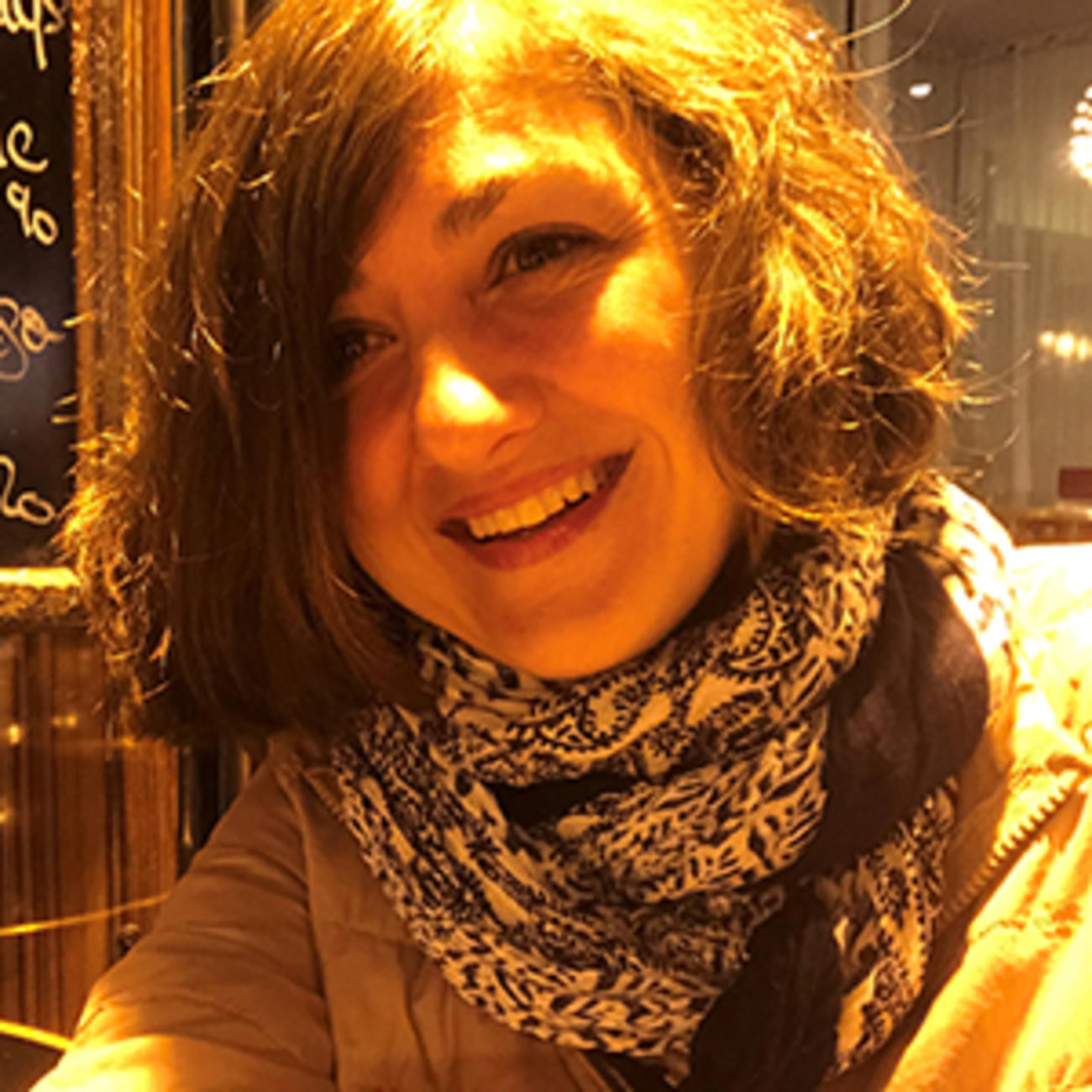
Adina is one of our key contacts in Romania, and here she tells us how the country is coping.
“The situation in Romania seems better than in many other European countries. The isolation measures have been taken quite early as our medical system is very weak and having a low number of patients was crucial for the capacity of the hospitals.”
“The country was in complete lockdown for two months from 15th March to 15th May. Now the restrictions are slowly being eased: you can move freely inside the cities, hotels are allowed to open (with room service for meals), and many museums have already reopened. The restaurants, bars and terraces are still closed but might open at the beginning of June. However, masks are compulsory in all indoor public places as is keeping a physical distance of 1.5 to 2 metres from others.”
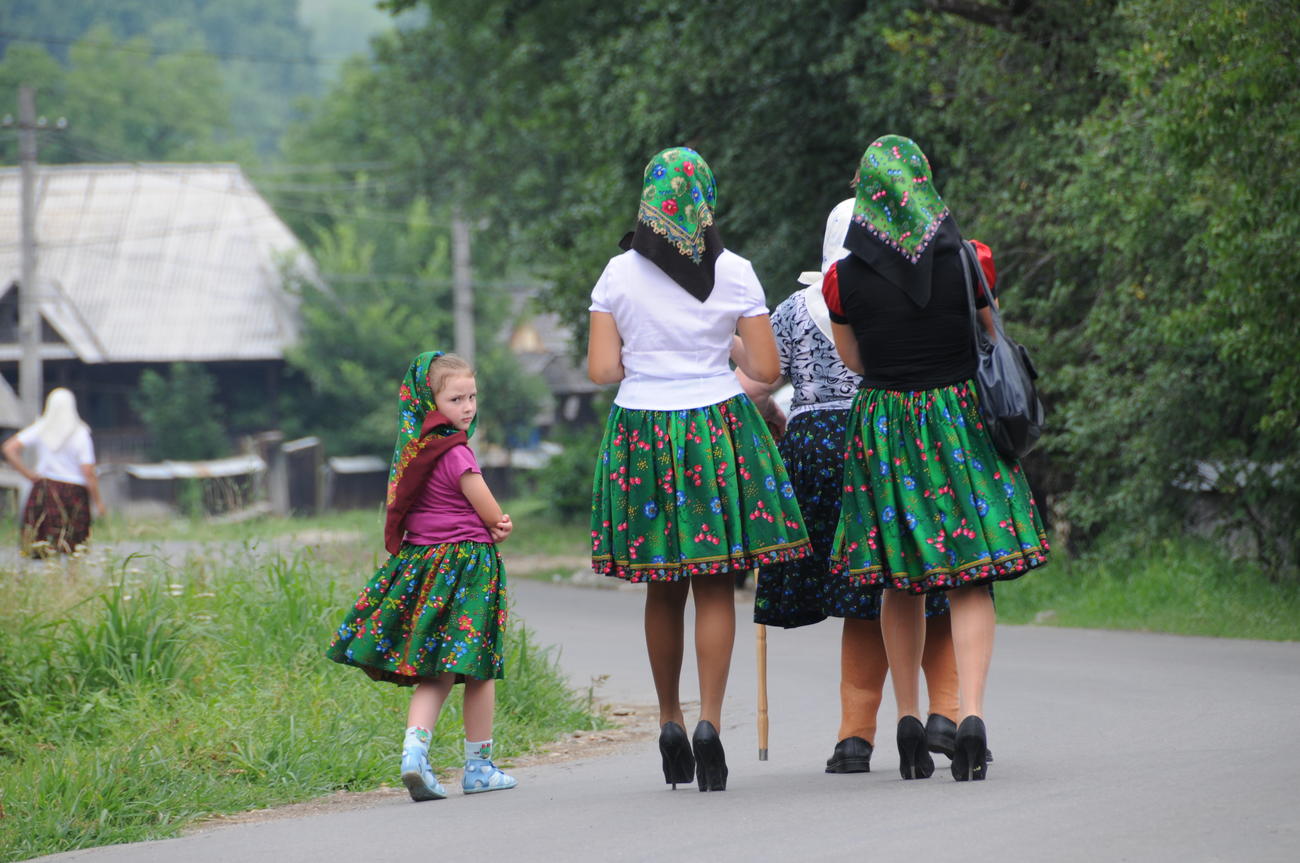
“The morale of the people has changed during this time. I would say that now many tend to be more scared of the economic crises than the virus. As for us, we think that from July we should be able to receive small groups although I don’t think that people will be willing to travel so soon. Hopefully, in autumn and winter, we’ll have some activity with tourists back in Romania.”
Confirmed cases: 19
Deaths: 0
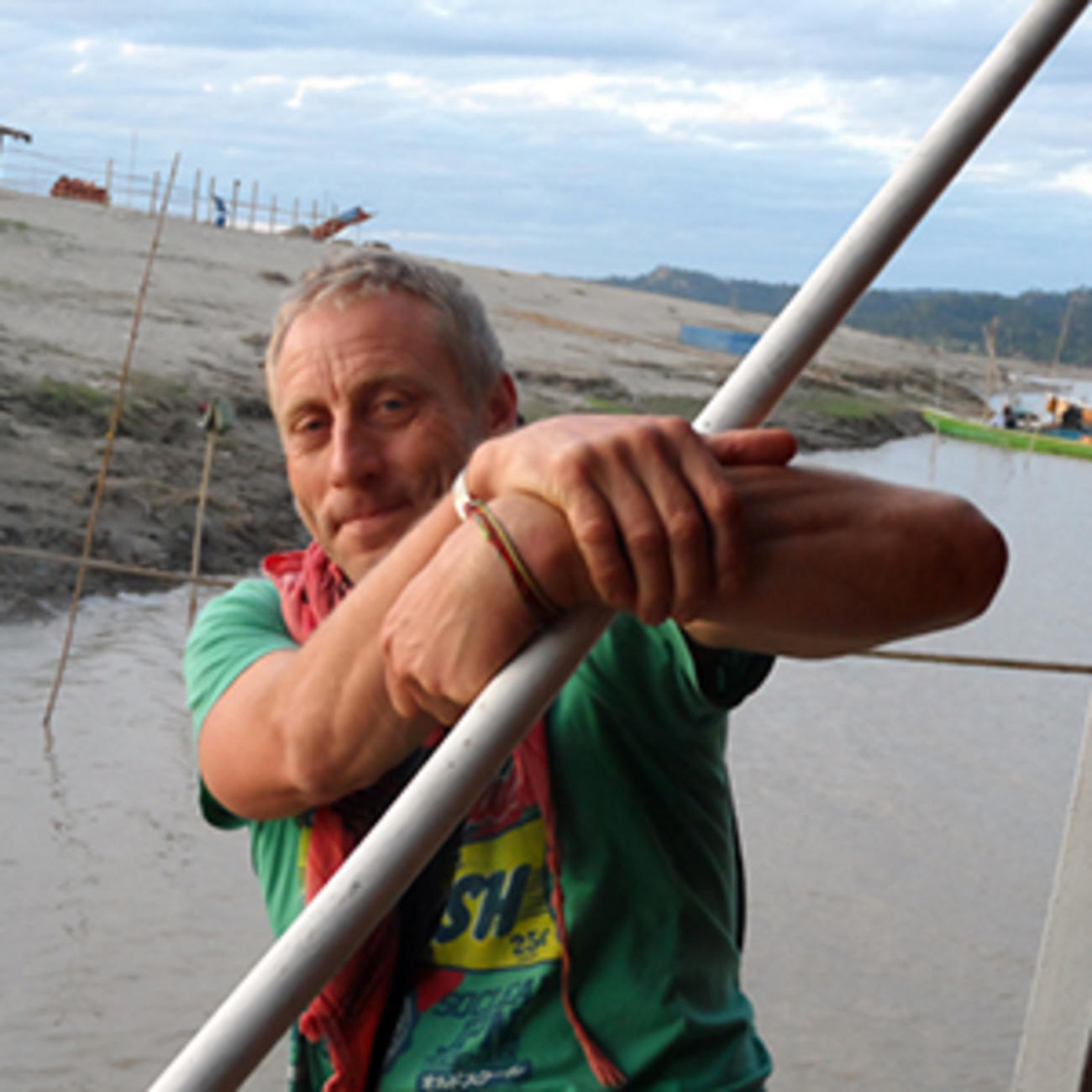
Wanderlust Guide of the Year and Wild Frontiers Tour Leader Mark tells us about the situation in the country he calls home, Laos.
"In Laos, social distancing is imposed by nature. With a population of seven million occupying a mountainous landmass roughly the size of the UK, Laos can claim to be the most socially distanced country in Southeast Asia. This geography may also have helped save Laos from a COVID-19 disaster."
“With just a handful of people in hospital, no deaths or new cases for over a month, Laos is easing itself out of lockdown. Six weeks ago, it was different. I experienced what should be a Tour Leader's dream - a UNESCO World Heritage Town devoid of tourists. Instead, it felt as if the soul had been ripped from Luang Prabang. Now, as the local authorities use this lull to improve cultural sites, I’m looking forward to seeing tourists again.”
“As late afternoon clouds steadily enveloped the forested mountains beside the Mekong, a surreal sense overcame me. The country I had come to love as home for more than eight years was no longer an oasis of calmness and smiles. Shutters had come down, gates were locked and restaurants closed.”
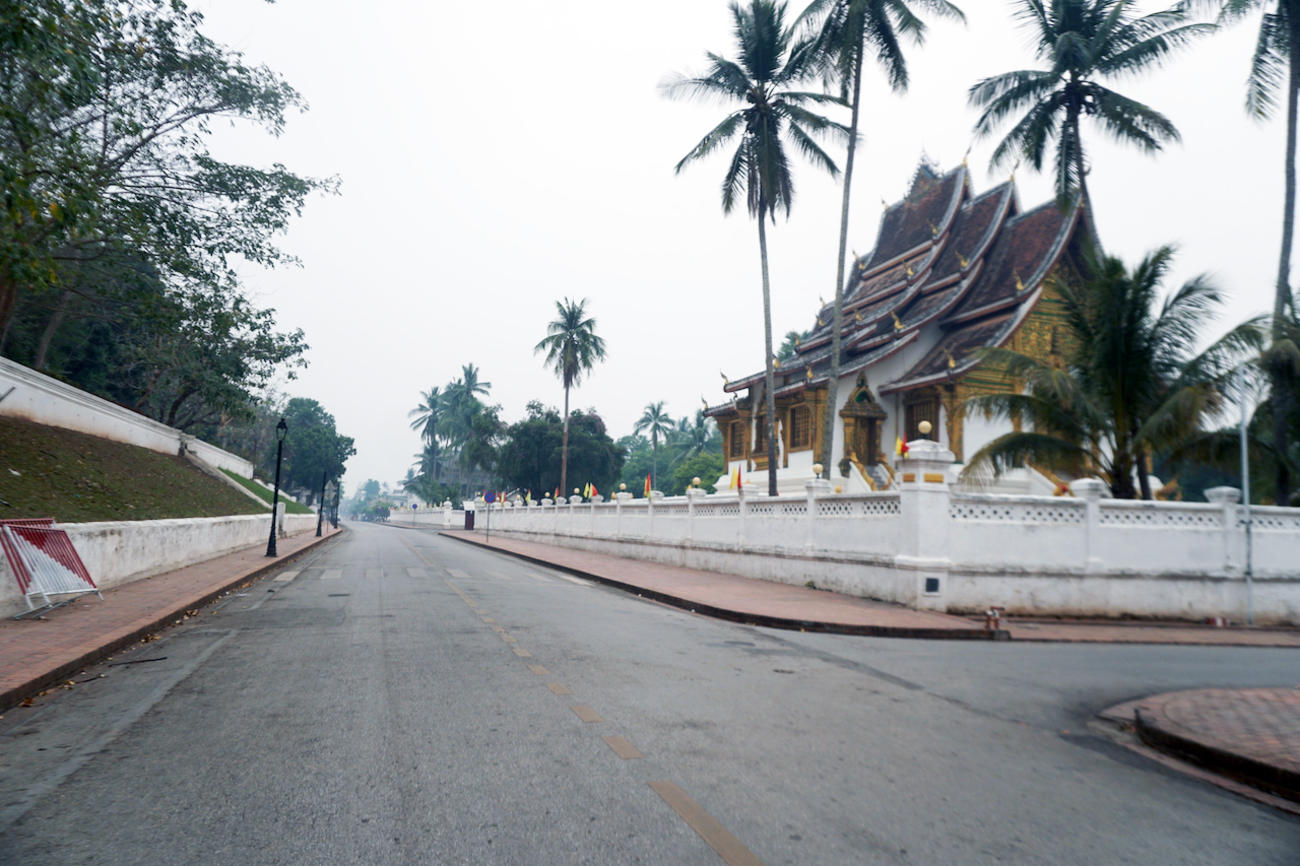
“String looped around the local stores preventing anyone from entering. Everyone wore a face mask; people were frightened. Luang Prabang often voted Asia’s favourite ‘city’, was closed to tourists. Now was not the time for sightseeing - but the time to lock down and protect.”
“Laotians are well aware of the frailties of their healthcare system. As with other developing nations, the impact of a rapid spread would prove devastating. They are not strangers to suffering either. Older Laotians endured the hardships of living in caves during nine years of continual bombing. Lao people - and their government - understood how to respond to this new threat.”
“Provincial travel was limited to supplying essential food and medical supplies. The government set prices for food staples, masks and checked businesses making hand sanitizer. The rough alcohol produced in villages tripled in strength as the government stipulated sanitising solution must be at least 70% proof. The sale of (consumable) alcohol would be banned during the Lao New Year. Chiefs cordoned off their villages and checked who came in and out.”
“I needed to return home before my provincial border snapped shut. The bus stations were closed and the last flight to the capital had already departed. An eight-hour road journey was the only option to return to Xieng Khouang.”
“The surreal sense I had felt beside the river returned as the van twisted in and out of the clouds and villages along Route 13. Usually, I’d be enthusing about ethnic diversity and customs to clients, occasionally stopping to explain first hand.”
“Now though, as we passed through the dusty mountain villages, every house - bamboo or brick - had a taleo on the gate or door. This hexagonal symbol made of interwoven bamboo and leaves indicates that you must not to enter. It is used if someone is sick or a shamanic ceremony has taken place. Now it meant villagers were self-isolating, but more in accordance with their traditions than any government directives.”
“By late March the first cases in Laos were reported. Two became three in Luang Prabang. Then Vientiane. The numbers crept up steadily to 18, then 19 before plateauing and - mercifully - returning the other way.”
“As with everything in Laos, there’s an element open to interpretation. Despite the lack of water fights and ghetto blasters during the new year celebrations, shops selling Hawaiian style shirts, synonymous with the celebrations, were deemed ‘essential’ and allowed to trade.”
“Local mini markets would ‘loan’ the odd crate or two to thirsty villagers to avoid the ban on buying alcohol. My local lockdown gate patrol, suitably refreshed from an afternoon of cards and covert beers, would drift away as the sun started to set.”
“Markets may be the people hub of any rural Asian town, but ordering them to close would cut the community’s lifeblood. Small traders rely on the market to make their livings and villagers to feed themselves. Some traders who could survive stayed home and people did their best to social distance among the fresh produce. Temperature checks were introduced at the entrance. The wartime public address systems are still an effective way of communicating important messages to communities.”
“As with most rural cultures the family unit is at the heart of society. Families eat, sleep and socialise together. As farmers, aside from regular trips to the market, life centres around the home or the farm. There was a joke during the Asian financial crisis that whilst stock markets were crashing around us, in Laos, it was just ‘farming as usual’. It seems again, for now anyway, Laos’s geography, culture and the stoicism of its people have helped save it.”
